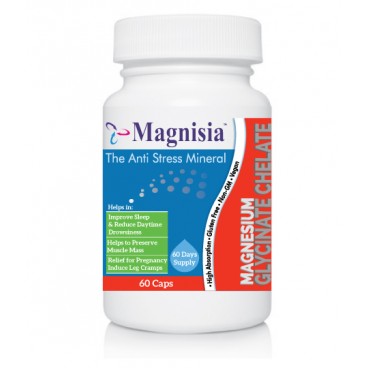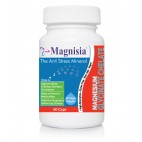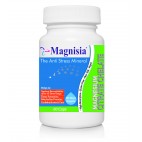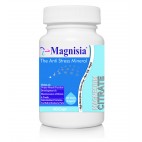Magnesium Glycinate Chelate (60C) 2 Months Supply

- Remove this product from my favorite's list.
- Add this product to my list of favorites.
Magnesium Glycinate Chelate (60C) 2 Months Supply
Magesium Glycinate Chelate offers the benefit of fast and complete absorption without interference and without the advers effects of bowel intolerance. Glycine has important metabolic functions in the body, and research supports its use as a safe nutritionally functioning chelating agent.
By buying this product you can collect up to 3 loyalty points. Your cart will total 3 points that can be converted into a voucher of CAD$0.60.






No customer comments for the moment.